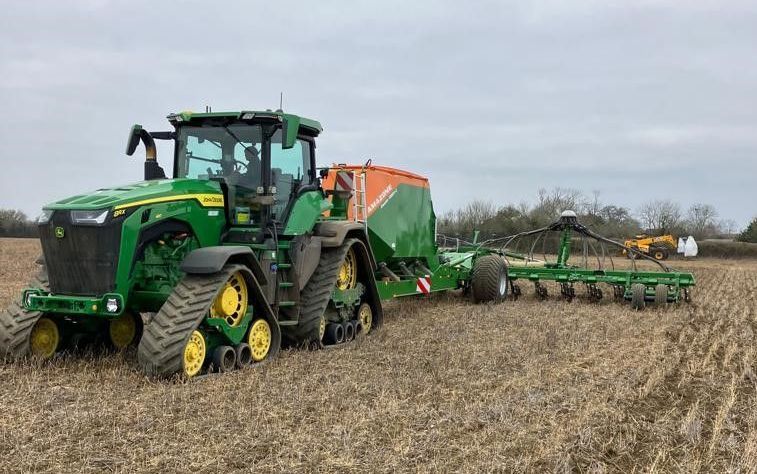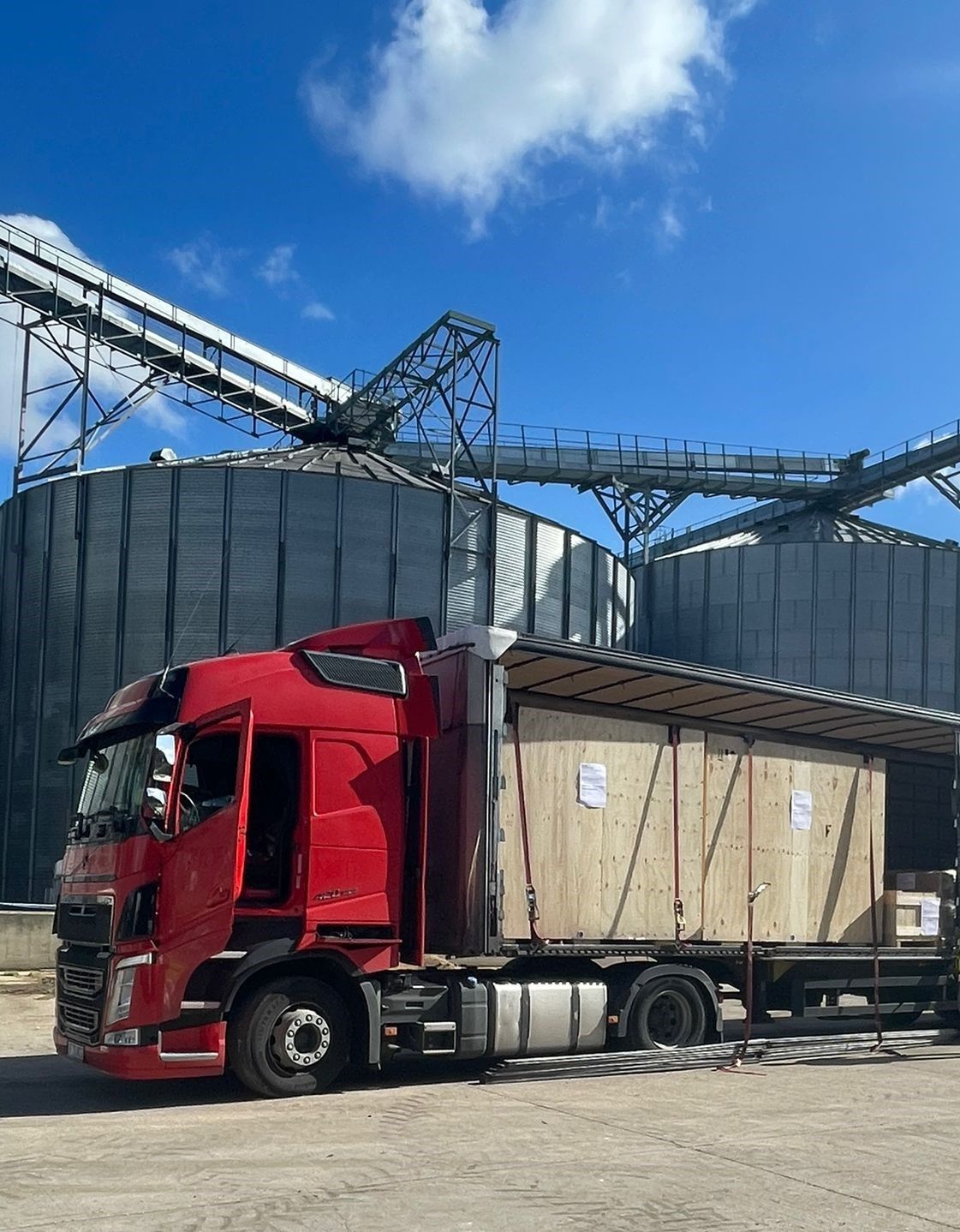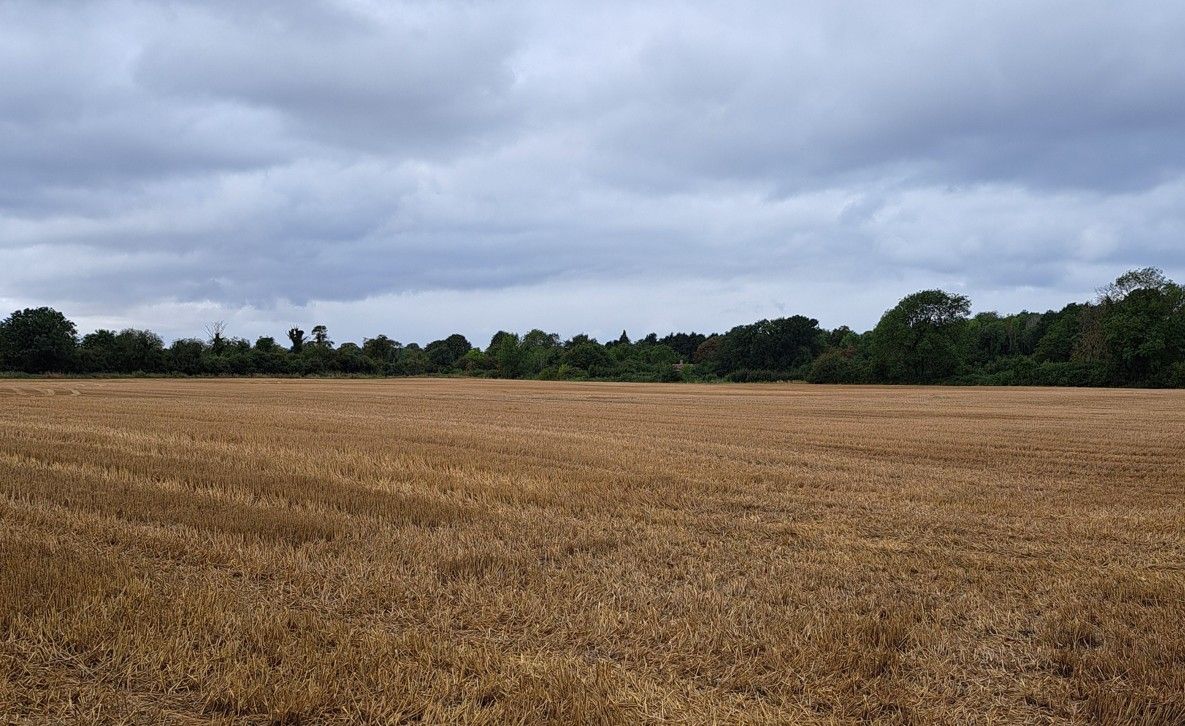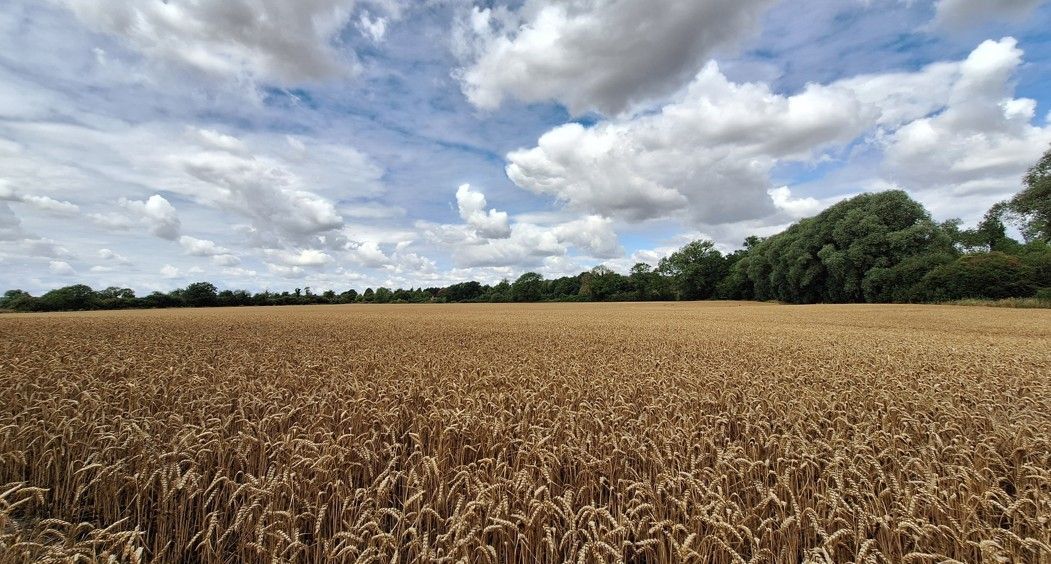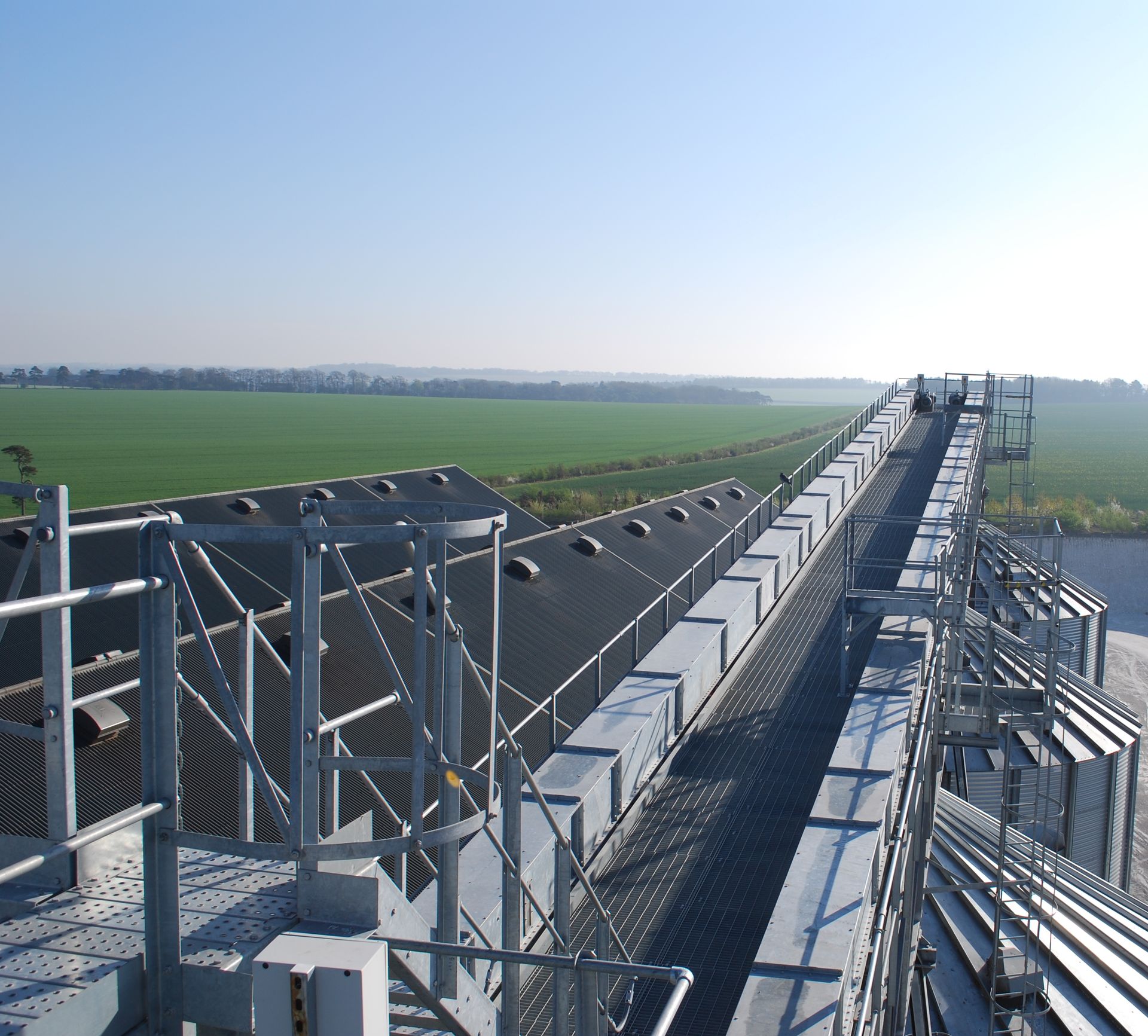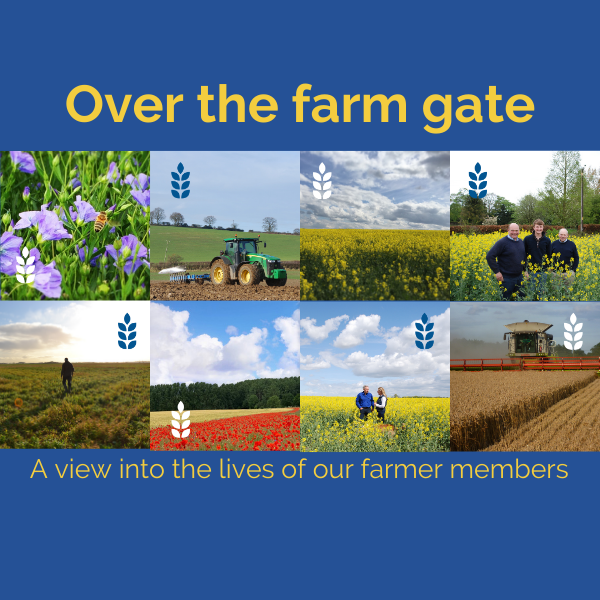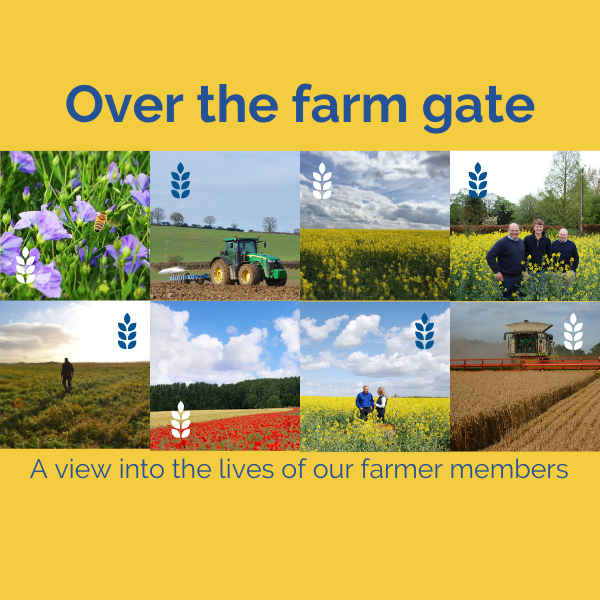Over the Farm Gate - this week is kindly supplied by Adam Driver - Farmer Director
Since I last wrote we have had 110mm of rain, which is quite something considering it had been so dry all winter. I guess things are balancing themselves up.
Spring planted crops are generally looking good. The oats are romping away although the spring barley is slow, it tends to be more affected by wet weather. I am pleased we got drilled up early as there would have been very minimal chance to drill since then. We are now in the middle of April and would have suffered a huge yield penalty if drilling in the next couple of weeks.
Winter crops are romping. We have a large list for the sprayer once the wind and rain stop. Due to the amount of wet and warm weather disease is more prevalent in crops than we have seen for many years. Chocolate spot in beans and septoria in wheat are especially noticeable, even on highly resistant varieties. Careful planning of spray programs and logistics will be needed over the coming ten days in order to ensure we are treating what is most pressing. We will continue using foliar nutrition in order to help with this as well as the usual fungicides and growth regulators. We have been reducing our usage of fungicides in recent years, however they have been low disease pressure seasons and if the weather continues as is, attempting to reduce too far could end up extremely costly. We have to be remain rational with our decision making on what is happening at the moment, as opposed to what we want to achieve in the future and what has happened in previous seasons. We need to play what is in-front of us which sometimes goes against our own self interest in terms of farming systems and protocol.
However, we are now into our sixth year of using zero insecticides. The main threat is barley yellow dwarf virus, which is transmitted by aphids in the autumn. The farming press and social media is always awash the pressure stories that essentially frighten people into spraying. This virus can have a huge knock on effect to yield, and with insecticides being ludicrously cheap it is a real internal battle not to spray. However when you do spray you kill off myriad of beneficial insects which we are trying to increase. This year our levels of BYDV are incredibly low yet again, mainly just very small occasional patches in warm valley bottoms under trees. I am pleased again that we didn’t spray and have another year of boosting beneficials under our belts. Recently, the new Sustainable Farming Incentive scheme announced they would pay farmers £45/ha not to use insecticides, which is not and insignificant amount money on our area. I essentially see it as a tax of cheap insecticides and genuinely think it is a positive towards better farming systems and a healthier on farm ecology.
